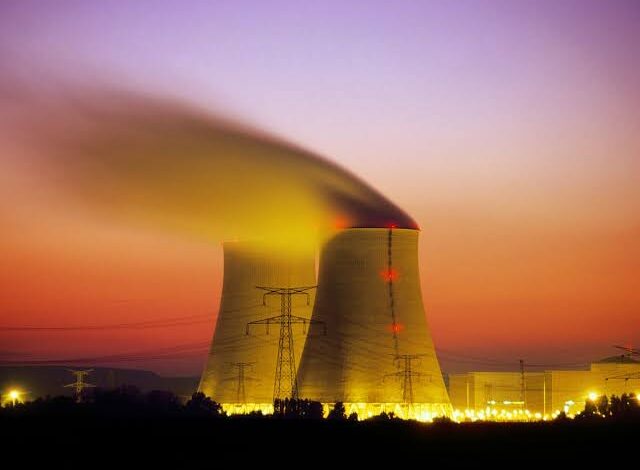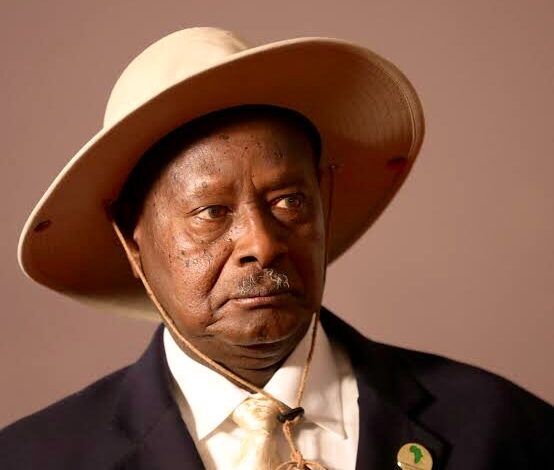
Faith Nyasuguta
This week, the government of Rwandan signed an agreement with a German-Canadian start-up to build an “experimental” civil nuclear reactor, in order to reduce its dependence on fossil fuels.
The reactor should be ready for testing in 2026, according to the start-up that will build it, Dual Fluid Energy.
These “reactors can be used to produce electricity, hydrogen, and synthetic fuels at lower costs than fossil fuels,” Dual Fluid Energy CEO Gotz Ruprecht said at a conference in Kigali.
Nuclear power use will provide “a stable and reliable source of electricity, reducing dependence on hydrocarbons and helping to meet the growing demand for energy“, said Infrastructure Minister Ernest Nsabimama.
In 2019, Rwanda signed a deal to build nuclear power plants in collaboration with Russia’s Federal Atomic Energy Agency Rosatom, sparking strong opposition due to concerns over security.
Frank Habineza,the leader of the main opposition party, the Democratic Green Party of Rwanda, deemed the agreement with Dual Fluid Energy “dangerous”.
There is “no big difference between what Dual Fluid Energy wants to do and what Russia and the Rwandan government wanted to do in 2019,” he disclosed to the AFP.
“No study can convince me that there is a place in this country where a reactor or a nuclear power plant can be built without endangering the population,” he said.
“Our test reactor is a small device with low combustion and therefore contains little nuclear material. For this reason, it poses no threat to the environment,” asserted the Rwanda Atomic Energy Office and Dual Fluid Energy in a joint press release.
Rwanda is increasingly establishing strategic cooperation partnerships with start-up companies involved in the design and development of small modular nuclear reactor technologies.
“Rwanda is actively involved in efforts geared towards utilizing nuclear to generate energy, this comes in addition to the existing small modular reactor technology,” Infrastructure Minister Nsabimana added.
It is indicated that the dual fluid technology has in-built nuclear safety design features that make it accident-free.
The technology will produce relatively low amounts of radioactive waste that will be safely managed, in line with existing international radioactive waste management safety standards.
“Our demonstration reactor will show that a better, far more efficient way of generating nuclear energy is possible and within reach in the near future,” said the Dual Fluid CEO Götz Ruprecht.
The East African nation faces an uphill task of closing a 30 percent electricity access gap, from its current 70 percent rate, if it is to achieve its universal access (52 percent on-grid, 48 percent off-grid) targets by the end of 2024.
Estimates show that about 44 percent of Rwanda’s energy sources are renewable.
Currently, the country’s total installed capacity stands at 332.6 MW from different power plants.
51 percent is from thermal sources, followed by hydro sources (43.9 percent) and solar sources with 4.2 percent.
South Africa is the only nation on the African continent to have a civil nuclear program, with two reactors in service for more than 30 years.
RELATED:




